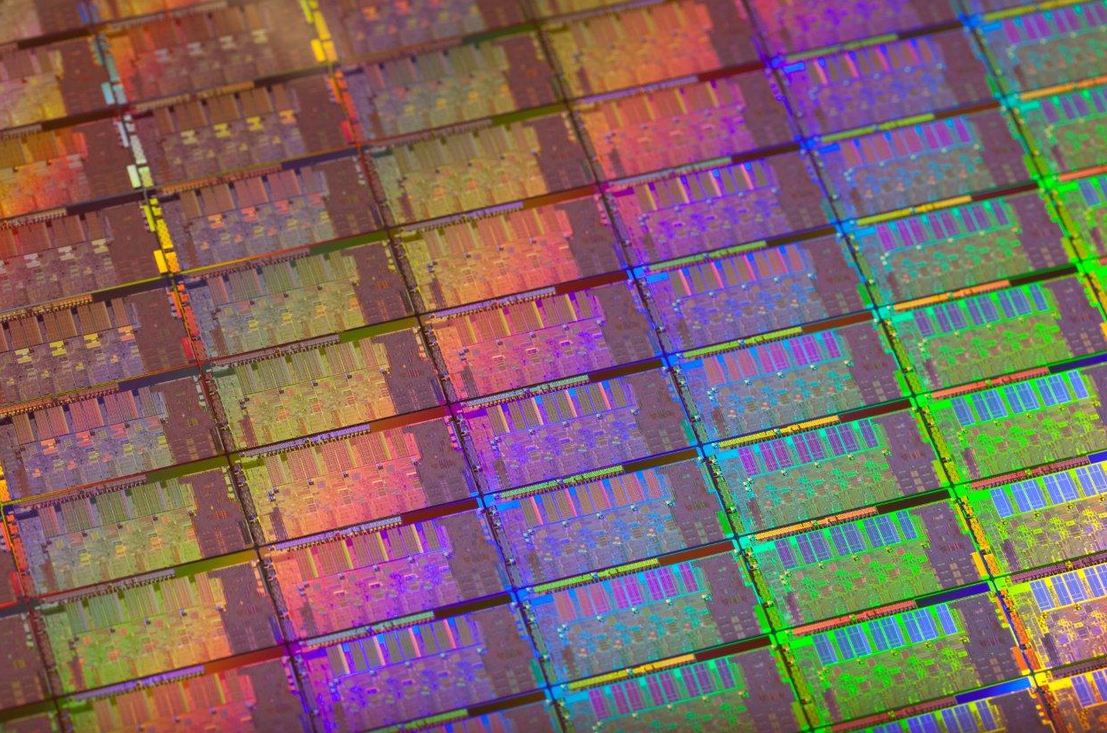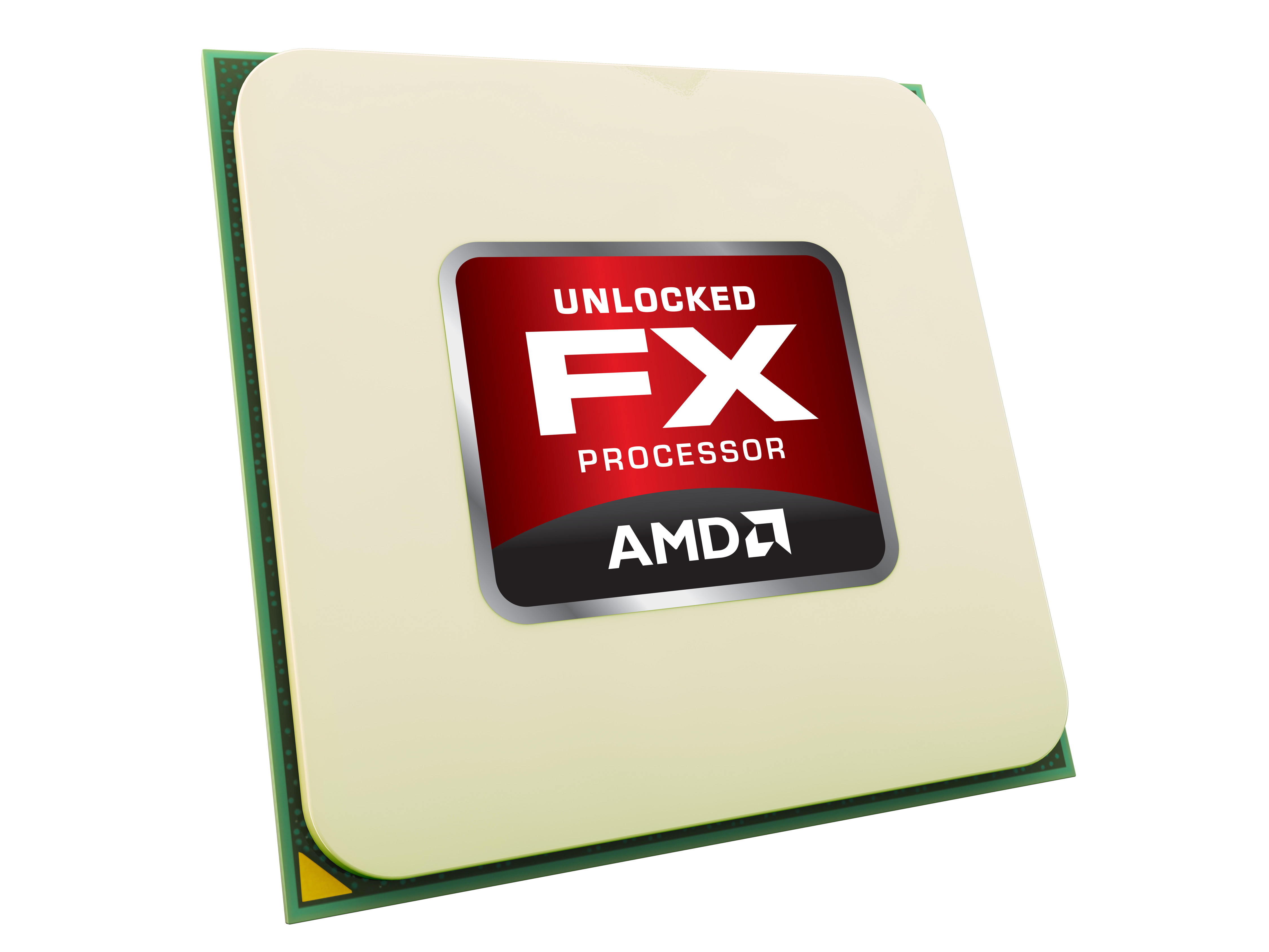Lack of competition is changing Intel's priorities
Upcoming Ivy Bridge processors mark the end of an era

With the launch of Intel's Ivy bridge processors just weeks away, I'm expecting to fall under the deafening silence of Intel's NDA hammer any day now.
So, it's time to sum up what you can expect from Intel's latest PC processors before my hands are tied, lips sealed and the lawyers set to DEFCON 1.
Drawing together various leaks and official expositions form Intel, there are a few things that seem absolutely certain about the new Intel Ivy Bridge processors.
Firstly, they're a product of Intel's shiny new 22nm process. And that means radical new 3-D tri-gate transistors live therein.
The technicalities are pretty complex. But the overall upshot is said to be a major reduction in current leakage. In turn, that supposedly means the 22nm shrink is almost like a double-node step in terms of performance-per-watt.
No cranking of the clocks
However, we also know that Intel isn't using this technological advance to provide higher clockspeeds. Intel is widely reported to be pegging the fastest Ivy Bridge launch chip, the Core i7 3770K, at the same 3.5GHz seen with the existing Core i7 3700K.
OK, you might argue, Intel is keeping the clocks static. But if it adds more cores, we're still winning. And you'd be right, if Intel was adding any cores. But it isn't. The 3770K is still quad-core, just like the 2700K.
Get daily insight, inspiration and deals in your inbox
Sign up for breaking news, reviews, opinion, top tech deals, and more.
What's more, since Ivy Bridge is a Tick rather than a Tock in Intel's Tick-Tock cadence thingy, those cores are largely an architectural carry over. Intel has said that some changes have been made to improve per-core performance. But the general consensus is that the improvement is not dramatic.
All of which means the processor part of the Ivy Bridge equation almost definitely won't deliver the kind of performance improvement that you can actually feel. Making matters worse, it's not looking like it will be any cheaper than existing and equivalent chips from the outgoing generation.
Profits, not performance
What, then, is the point of Ivy Bridge and does it have anything to offer? For Intel, it looks like a winner. Those smaller 22nm transistors are much smaller than the current 32nm sort, so Ivy Bridge chips will be cheaper to make. With prices staying the same, say hello to fatter margins and bigger profits.
To be fair, you can also expect a big uptick in the performance of the integrated Intel HD Graphics and associated QuickSync video transcode processing - perhaps as much as a doubling of performance. It's still unlikely to deliver the sort of 3D performance that any self-respecting gamer would tolerate, however.
I'm also hoping for a decent extra slug of overclocking headroom. I'd have thought 5GHz on air for the unlocked K Seires Ivy Bridgers ought to be easily achievable. Some 32nm Sandy Bridge chips can manage that already.
Over and out for AMD
But overall, it very much looks like Ivy Bridge adds to an increasingly convincing case against Intel for foot dragging and sand bagging. Firstly, I'm convinced Intel could easily be flogging 4.5GHz versions of Ivy Bridge. I also think it could maintain existing margins and profitability with a six-core version.

The reason it isn't doing either of those things is that it is now operating without any competition nor any future prospect of competition. AMD's new FX processors are no threat and AMD itself has publicly indicated that it no longer sees competing with Intel as a priority.
The game is up and with it the prospect of rapid increases in PC processor performance. Oh well. It was fun while it lasted.
Technology and cars. Increasingly the twain shall meet. Which is handy, because Jeremy (Twitter) is addicted to both. Long-time tech journalist, former editor of iCar magazine and incumbent car guru for T3 magazine, Jeremy reckons in-car technology is about to go thermonuclear. No, not exploding cars. That would be silly. And dangerous. But rather an explosive period of unprecedented innovation. Enjoy the ride.